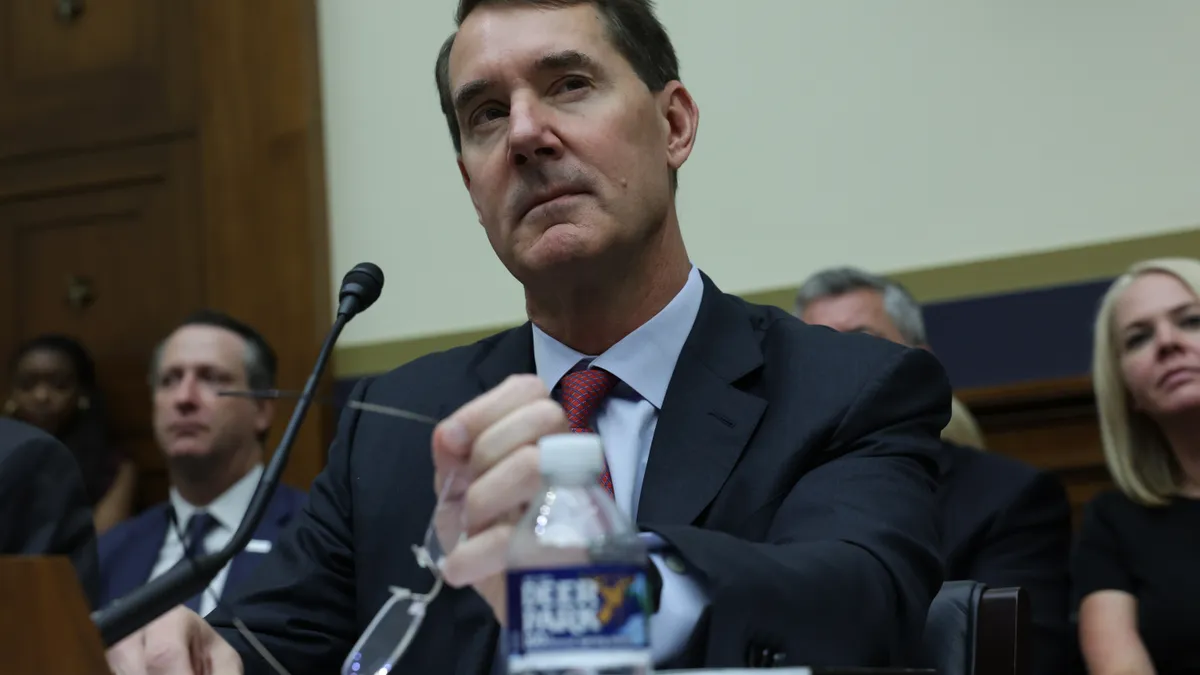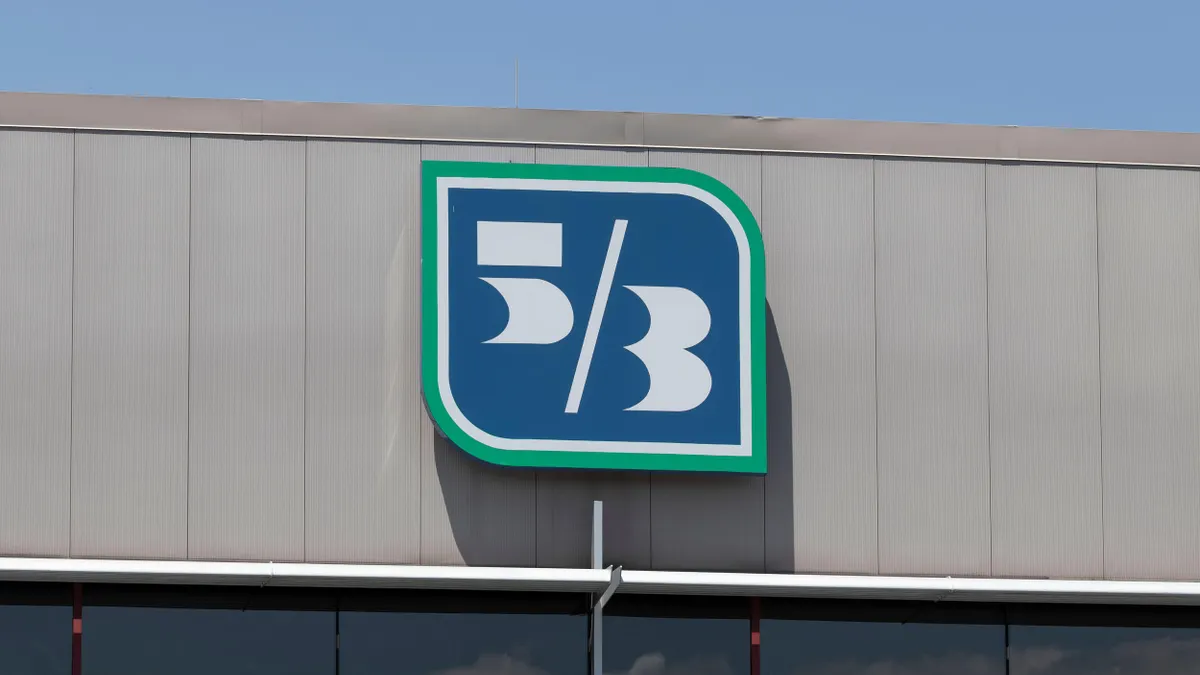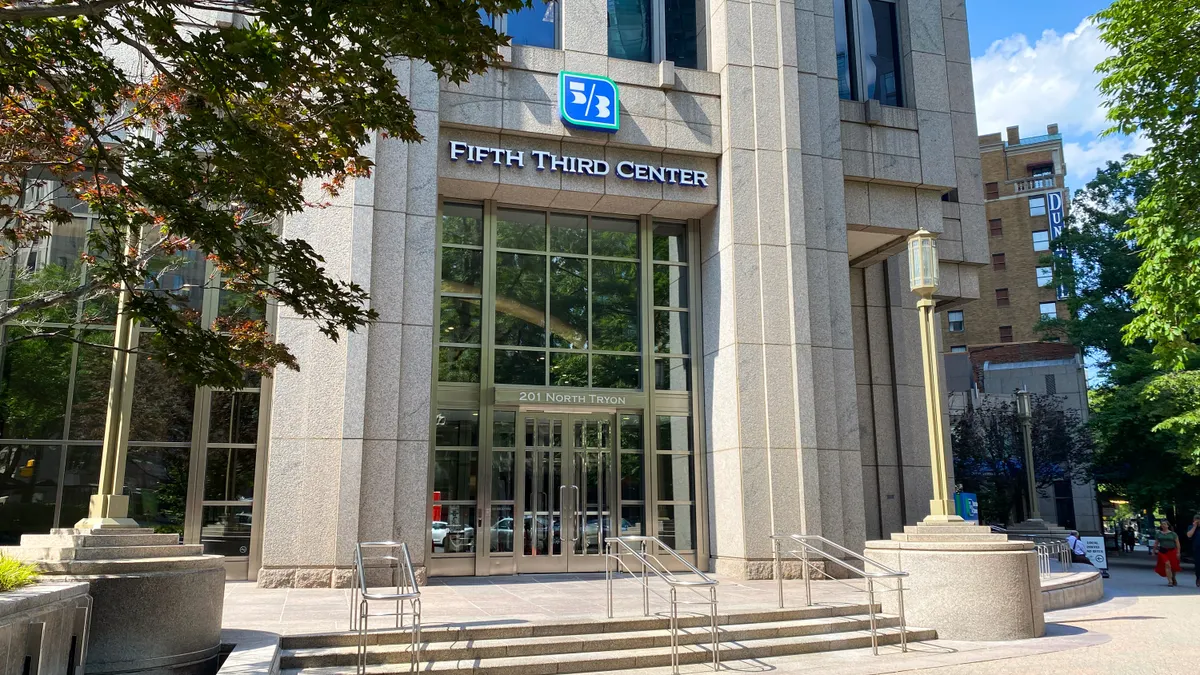Washington Federal Inc., the parent company of Washington Federal Bank, has received regulatory approval to acquire Luther Burbank Corp. after extending the deadline several times, the companies announced Tuesday.
The $22.6 billion-asset company got the green lights from the Federal Deposit Insurance Corp., Washington State Department of Financial Institutions, and the Board of Governors of the Federal Reserve System to go ahead with the $654 million deal announced in November 2022.
The deal was expected to close in the second quarter of 2023, but it was pushed back until November last year. However, a securities filing noted in December that the merger deadline was extended to Feb. 29. The banks did not cite any specific reason for the extension at the time.
Now, the merger is expected to be completed by the latter date, subject to the satisfaction or the waiver of the remaining closing conditions as mentioned in the merger agreement, the statement said.
“Regulatory approval of this merger with Luther Burbank affirms WaFd Bank’s position as an important financial resource for the communities we serve,” Brent Beardall, CEO of WaFd Bank, said in a statement Tuesday. “A lot has transpired in the fourteen months since we announced this combination, but the more we have worked with the Luther Burbank team, the more convinced we are our combined bank will create significant opportunities for current and future customers and shareholders.”
Beardall survived a plane crash in Utah in January last year that killed the pilot and injured a second WaFd executive. He made a full recovery but took a leave of absence to heal from the accident.
WaFd operates across Washington, Oregon, Idaho, Utah, Nevada, Arizona, Texas and New Mexico. The merger will help WaFd enter the California market with the addition of 10 full-service branches in the state. Luther Burbank also has a branch in Washington, six loan production offices in California and another in Oregon.
The banks expect the system and brand integration process to finish by the first week of May this year so that Luther Burbank’s customers can access WaFd’s platform and services.
The combined institutions would create an institution with $29 billion in assets, $23 billion in loans and $22 billion in deposits.
While the regulatory approval was in process, WaFd hired Mark Borrecco, former CEO of Rabobank as California regional president. He was the head of the Roseville, California-based bank from 2015 through 2019 and helped in the sale to Mechanics Bank.
The WaFd-Luther Burbank deal irked advocacy groups which formed a coalition of 54 national and local nonprofits and wrote a letter to the FDIC in February last year formally opposing the merger over fair housing and systemic risk concerns. The organizations also asked the agency to extend the comment period and hold a public hearing on the deal.
“We urge the FDIC to deny this merger application,” the organizations wrote in February. “In the alternative, we believe the FDIC must impose substantial conditions to ensure that fair housing, community reinvestment, displacement, climate and managerial concerns are addressed.”
As of Dec. 31, 2023, the Santa Rosa, California-based lender had total assets of $8.2 billion, total loans of $6.8 billion and total deposits of $5.8 billion.
“We believe we have found a long-term partner in WaFd whose values align with ours, can offer our customers a wider range of technology enabled financial solutions and expanded geographic footprint that will help our customers thrive,” Simone Lagomarsino, CEO of Luther Burbank Savings, said in a statement.
Mergers and acquisitions are subject to enhanced scrutiny as per order from the Biden administration. This has led to many deals getting terminated or delayed regulatory approvals. One scrapped deal making headlines last year was the TD and First Horizon one. The banks ended their proposed $13.4 billion merger over “uncertainty” owing to pending regulatory approvals.
M&A activities in North America remained low in 2023, according to a recent study by S&P Global. The factors that impacted the activities in 2022 carried over into last year, including tight monetary policy hindering cheap financing opportunities for M&A.






















